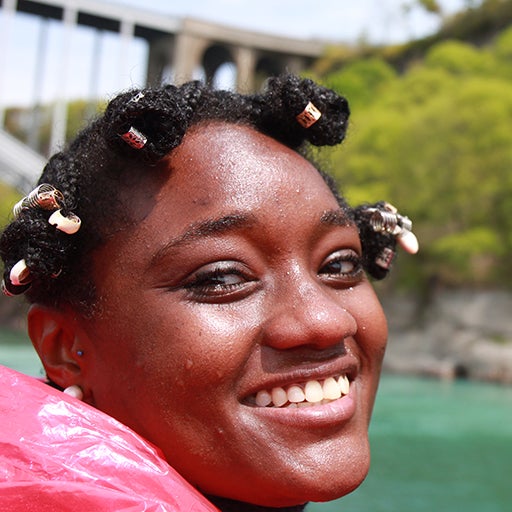
Postdoctoral Researchers

Gabriele Valentini
Postdoc
Ant colonies are marvelous computing entities, able to gather information from their environment and process it collectively. The focus of my research is to study emerging computation during collective decision-making by ant colonies. I use nest-site selection by Temnothorax rugatulus as case study and look at the flow of information during colony emigrations. Building on the framework of information theory, I am looking at answering questions such as where and when colonies store information, how information flows within the colony, and how much the information within the colony is integrated.

Daniel Charbonneau
Postdoc
My research aims to understand how groups function, and often excel, because of and in spite of the individuals that compose them. I am interested in how work is allocated in decentralized complex systems, particularly in the role of ‘task-less’ workers (‘inactive’ and ‘interactive’ workers) in task allocation. I am also interested in how colonies adjust workers to workload in dynamic environments, as well as cases where colonies seem inflexible, even to their detriment. My current work looks at the role of individual behavior in collective strategies for attack and defense.

Zachary Shaffer
Faculty Associate
Temnothorax rugatulus, like many ant species, has an inordinate fondness for sugar water! As a graduate student in the Pratt lab, my work capitalized on this love for carbohydrates as I examined the social foraging of colonies: the collective consequences to their mode of communication (tandem runs), and the ways that colonies focus exploitation on the most rewarding food sources. Ant social foraging can be viewed as just one aspect of colony homeostasis – where the behavior of individuals furthers the collective needs of the group. As far as complex systems go, ant societies make for wonderful teachers!
Graduate Students

Jon Jackson
PhD Student
I study collective decision making in honeybees. I began by studying how honeybees regulate the construction of different types of comb, but have since shifted my interests into studying how honeybees guard against other honeybees. Current theory suggests that how accepting guards bees are of incoming bees should be condition dependent. Better understanding the nature of these conditions is the current focus of my research.

Andrew Burchill
PhD Student
Imagine that you are going to throw a potluck dinner. Each guest can bring one ingredient, and they cannot discuss plans ahead of time. How do you stop everyone from bringing hamburger buns and no one bringing any patties? This is the problem ant colonies face: only a few foragers go “grocery shopping” for the entire colony, yet they coordinate their behavior without any leader. I am working to uncover the behavioral mechanisms behind this process. Along with my co-advisor Ted Pavlic, I am straddling the divide between engineering and biology, using principles and examples from each to inform and enrich the other.

Marielle Abalo
PhD Student
I study how socially complex charismatic marine megafauna can act as sentinels to inform locally-adapted management strategies. Through their pervasive ecological relationships, sentinel species offer useful insights into human-environment relationships. In particular, marine sentinels can help to deliver targeted and cost-efficient, yet enfranchised, local-scale conservation. Most importantly, these results can be mutually beneficial for both humans and wildlife. Potential applications include the proactive management of climate change in subsistence-based and tourism-based coastal communities.
Undergraduate Students
Eli Ozaki
Nicholas Walrod
Amber Barr
Vlada Markov

